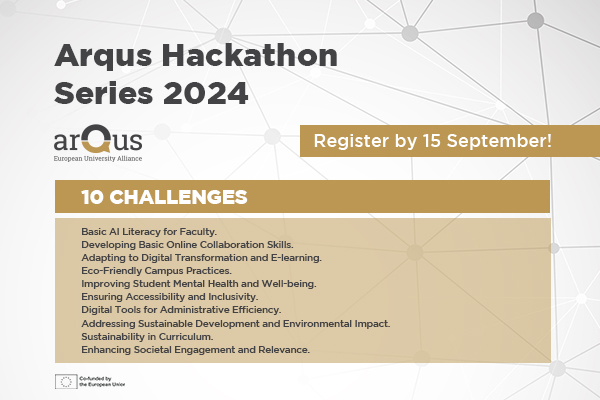“Testing the Tools” of Open Research Agenda Setting: 1st pilot workshop on Micromobility
|
21 Feb 2022|
21 Feb 2022Open Research Agenda Setting (ORAS) is a methodology that involves stakeholder groups (citizens in general, organisations, students, etc..) in the creation of research agendas, i.e. in setting the priorities of where public money will be spent in research, but also for co-creation of science.
In the context of the Arqus Research and Innovation project (Arqus RI), the seven partner universities of the Arqus Alliance developed and published online a Toolbox for Open Research Agenda Setting. From February to April 2022, the seven tools in that toolbox will be tested in a series of pilot workshops on various topics.
The first of a series of workshops testing various tools for ORAS took place on 9th February 2022, organised by the University of Bergen (UiB) in the framework of its 2022 SDG Conference.
This workshop focused on Micromobility (specifically the increasing use of electric scooters in the city of Bergen) and has tested the systems mapping methodology. Jakob Grandin and Brooke Wilkerson, both from the Centre for Climate and Energy Transformation (CET) at UiB, were facilitators. Wilkerson commented: “I was impressed with participants’ abilities to quickly grasp the systems mapping concept and engage with the topic. Systems mapping is a new methodology for generating research priorities, and in our workshop we saw great potential for using this methodology in ORAS with stakeholders”.
The remaining six workshops will be organised by the other universities of the Arqus Alliance, focusing on the societal challenges of Climate Change and the Digitalisation of society and testing a variety of ORAS methods. See the list below:
The universities of Lyon and Padua are working on their respective pilot workshops. Updated info will be available in this section.
News prepared by Luisa Bernstorff, project officer of the Arqus RI.

16 Jul 2024